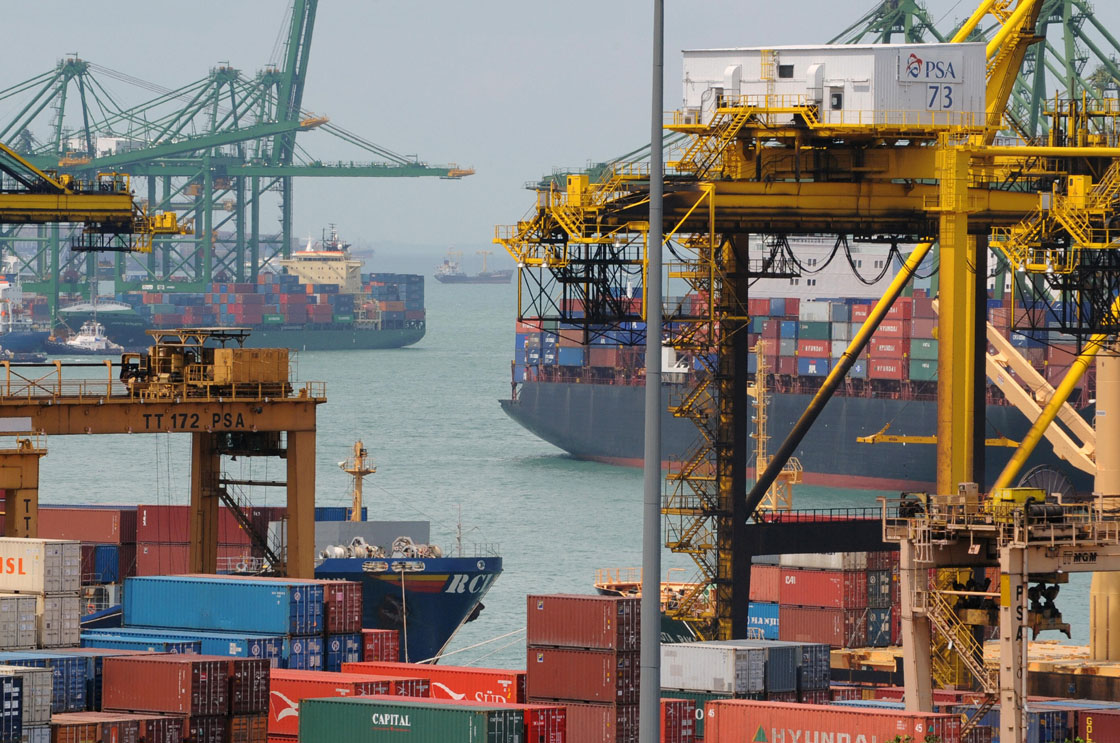The economy expanded faster than expected in June, Statistics Canada said Tuesday, but it wasn’t enough to allow the country to avoid entering recession.

A 0.5 per cent jump in output in June snapped a five-month long slide, Statistics Canada said. The reading means the economy shrank 0.5 per cent in the second quarter — a better showing than economists were anticipating, but still weak enough to drag the economy into a technical downturn through the first six months of the year.
A downward revision that deepened a contraction in the first quarter didn’t help either.
“Canada’s first half was about as weak as advertised,” Avery Shenfeld, chief economist at CIBC, said.
Much of the pullback can be attributed to the steep drop in business investment as firms reacted to plunging oil prices, experts said. Money spent by companies on new projects, equipment, hiring and other expenditures dropped 7.9 per cent in the April-June quarter, Statscan said.
Experts were anticipating worse, though, with the consensus among economists calling for a contraction in the order of 1.0 per cent rather than 0.5 per cent, as low oil prices continued to drain momentum from the energy sector and related industries.
Recession debate
The second-quarter contraction followed a revised 0.8 per cent decline in economic output between January and March, meeting the technical definition of a recession.
Still, experts suggest the current downturn isn’t reflective of the broad-based and often sharp decline in activity that usually accompanies a recessionary turn in the business cycle.
MORE: Here’s how the federal Conservative budget defines recession
CIBC’s Shenfeld said the economy isn’t in recession because employment hasn’t dropped yet. Consumer spending, which ticked higher by 2.3 per cent in the quarter, is another area among several that’s showing surprising resilience.
‘If this period is ultimately deemed to be a recession, it will be of the mildest variety and one of the strangest recessions ever’
“If this period is ultimately deemed to be a recession, it will be of the mildest variety and one of the strangest recessions ever,” Doug Porter, chief economist at Bank of Montreal, said. “Consumer spending was up in both quarters and so too was employment, far from a widespread softening in the economy.”
What lies ahead
Consumer spending is poised to remain strong, aided in part by government payments to families with children. The beefed-up Universal Childcare Benefit, which was sent to households in July, could add as much as $3 billion to the economy, experts say, assuming it is spent by consumers.
MORE: Beefed up child benefit cheques start arriving as economy wobbles
Some experts suggest the economy will rebound strongly in the current quarter (July to the end of September), with GDP growth expected to top 2.5 to 3.0 per cent. “The momentum registered in June is consistent with our view that Q3 will provide a breather as the economy, at least for a quarter, returns to growth,” Shenfeld said in research note.
But with commodity prices coming under additional pressure and exporters and manufacturers still struggling to take advantage of the loonie’s sharp drop, growth expectations for the final months of the year have turned decidedly dour.
“With exports still struggling and business investment falling in response to the fallout in the energy sector, hopes for a sustained rebound beginning in the second half of the year look misplaced,” David Madani, economist at Capital Economics, said.
MORE: Consumer confidence tumbles as recession looms




Comments